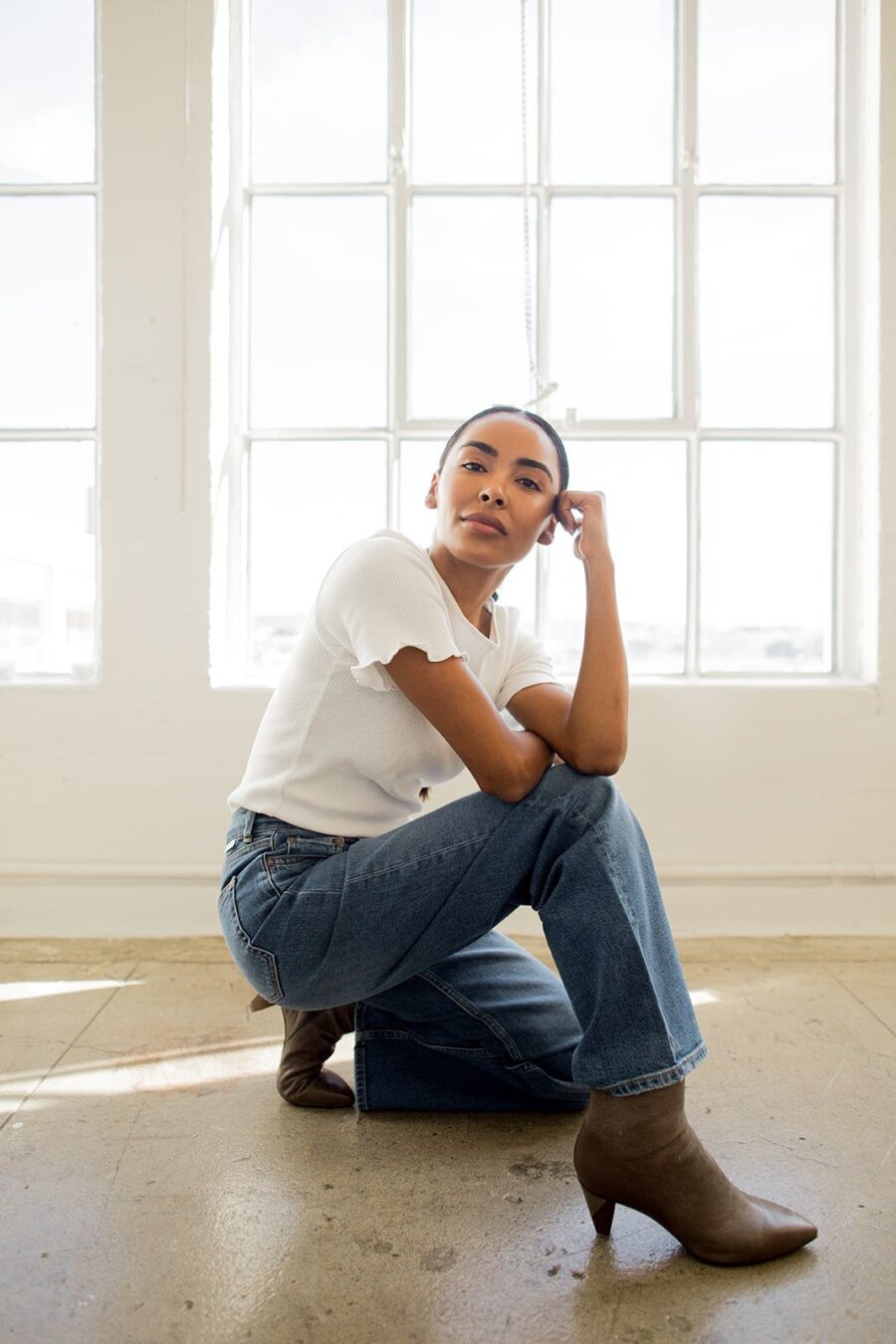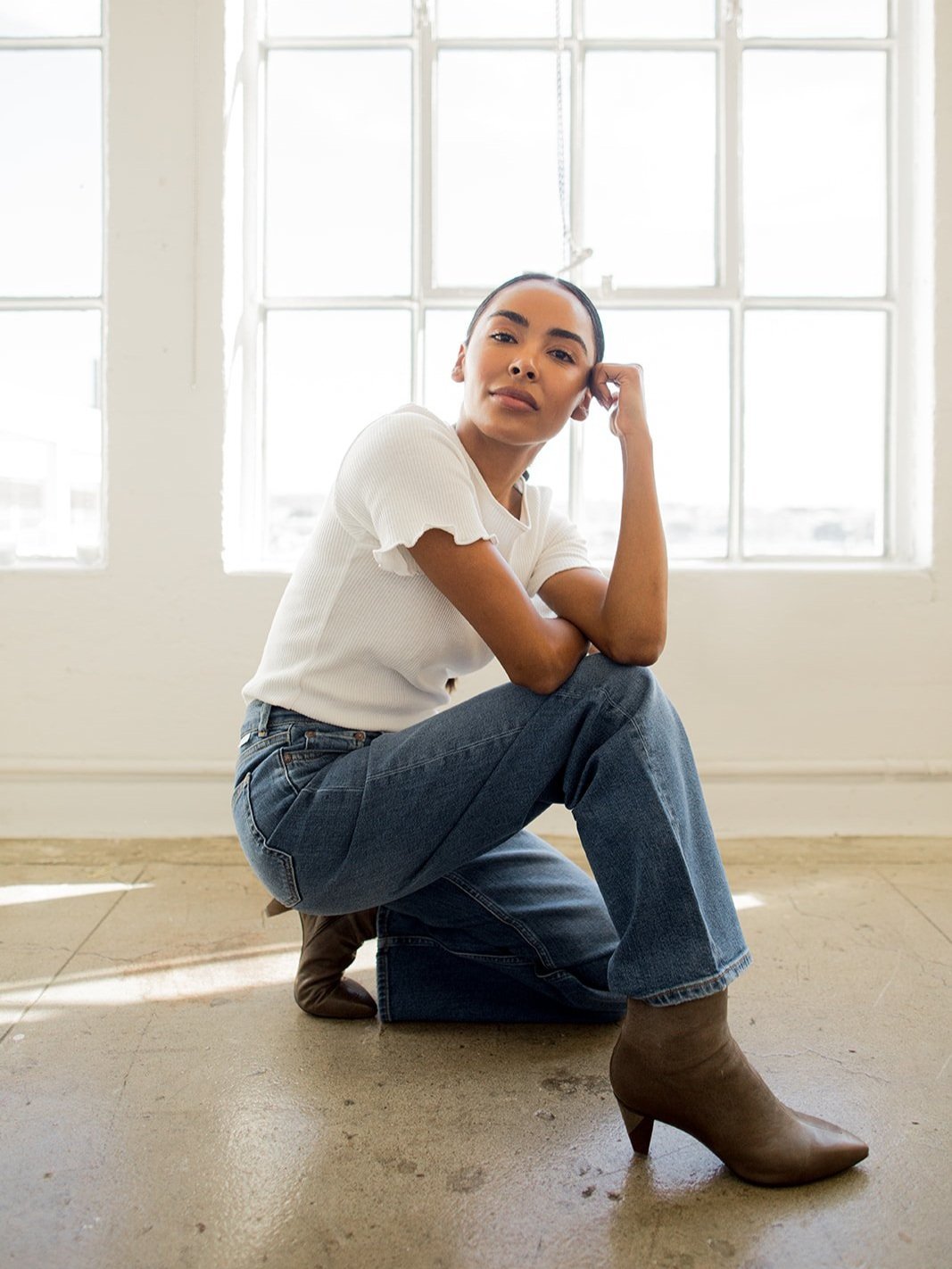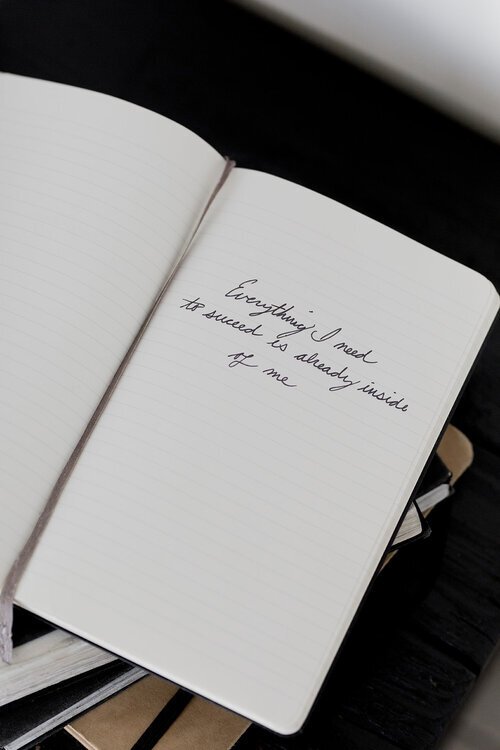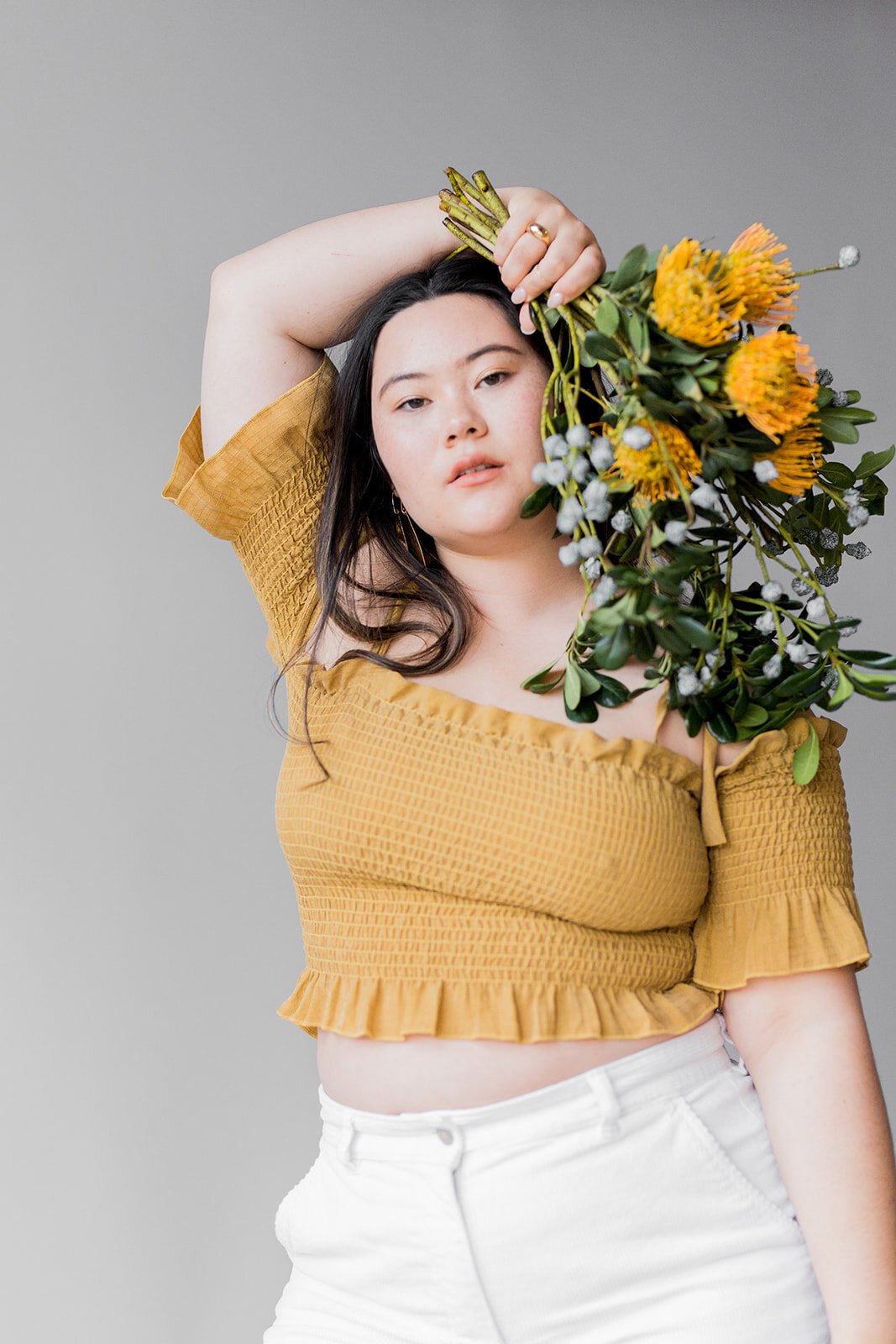
The Benefits Of Self-Validation For People-Pleasers
Why Learning To Trust Yourself Is So Important
In a grainy home video from 1998, a tiny-framed girl stands on a dusty baseball field, her cleated feet carefully positioned on either side of a diamond-shaped plate. Summer sun dances off the metal bat clenched in her hands, and a brown ponytail swings from beneath the firetruck-red helmet that is a size too big for her head.
Tap, tap. She hits the ground twice with the bat before bringing it to her shoulder. When the ball comes, she misses—but only once. On the second pitch, she hits a grounder and sprints to first base. Safe. ‘Way to go!’ her dad shouts from his coaching spot in the outfield. The girl hides a smile, focusing instead on making it to the next base. But on the inside, the praise makes her feel elated.
“I’ve been a people-pleaser for as long as I can remember.”
I’ve been a people-pleaser for as long as I can remember. When I wasn’t competing in sports as a kid, I was auditioning for local musicals. I sang my first solo the same year I learned to spell my name. It was easy to associate my worth with my performances. I loved the spotlight, the applause and encores, the rush that always came when I caught a ball or made it back to home plate.
As I’ve grown up, I’ve noticed this need for validation lingers. My performative tendencies thread many of my conversations and interactions. I sometimes find myself pausing after I speak or complete a task to see how others will judge me. I then let these responses inform how I feel about myself.
For a long time, I lived without realizing I was operating through a lens of performance. It was second-nature to seek approval from my parents and peers and even strangers. But the more I interrogate this trait as an adult, the more I feel ashamed that I’ve measured my worth by how much or little validation I receive. I call myself independent and assertive, a feminist and a person deeply committed to her ethics and internal compass. So why do I continue to thirst for outward approval? How can I consistently be blown by the wind that is critique or praise? And why do I still—as an almost 30-year-old woman—only feel valid when someone validates me?
“People-pleasing thought patterns are difficult to dismantle, especially when they’ve directed so much of our lives.”
The thing is, people-pleasing thought patterns are difficult to dismantle, especially when they’ve directed so much of our lives. For many of us, growing up with expectations was normal. There were rules, some spoken and others silent. We not only learned to associate our identities with the act of performing but also with how well we performed.
Whether it was sports or music, grades or assigned gender rules (such as girls being quiet and kind), praise equated to merit while disapproval was linked to poor performance. For me, this always felt like not being good enough. The cost was high as we learned to morph and bend, to wear the masks that we believed to be more appealing than our real faces. And then we became adults and couldn’t remember who we really were. We couldn’t figure out how to stop striving and performing.
I’ve recently been meditating on the idea that no amount of external validation will ever make me feel good enough. Striving can go on forever as there will always be another person to please. But after a million spotlights and encores, I am only left feeling empty. And like I need to keep trying. When the lights come up and the audience leaves, only me and my voice remain.
“When the lights come up and the audience leaves, only me and my voice remain.”
And this is the voice that matters first and foremost, and the one that can offer true validation. While there is nothing wrong with seeking input from others, or even with performing, these interactions should bear no weight on whether we trust and believe in ourselves. Of course, this is harder said than done, especially when I’ve spent decades doing the very opposite.
I’m learning that healthy self-validation looks like recognizing my worth and goodness outside of my actions and performances. Even in the face of criticism, I am now able to differentiate between constructive feedback and my inherent worth. Because learning to trust our internal voices and validate ourselves is possible. Even better, it’s worthwhile.
My Self-Validation Checklist
I’m new to this journey, so I rely on a personal checklist (sometimes daily) to help with this process. It’s helpful for recognizing when I’m seeking approval from others and valuing their feedback more than my internal voice. Feel free to share your own self-validation tips in the comments below.
Whenever I notice myself seeking external validation or shape-shifting, I pause and ask myself why. What about this moment is making me feel like I need to change myself and be disingenuous?
Whether or not I have an immediate answer, I pause, close my eyes, and breathe. I check in with my body and do my best to feel grounded. I find it helpful to recognize that I’m taking up space—space that belongs to me. This action alone offers immediate self-validation.
Next, I recite a self-validation phrase. Mine is “you belong” and is rooted in my Enneagram number, as my desire for validation is often linked to the fear that I’m misunderstood and don’t belong. Other self-validation phrases may include, “I am enough”, “I am worthy”, or “I am good”.
After reciting this internal validation, I encourage my voice forward. If I’m having a conversation with others, I challenge myself to be assertive in my thoughts and opinions, rather than saying what I believe others want to hear.
Finally, I celebrate this achievement—because for people-pleasers, learning to trust your voice is an achievement. Rewriting thought patterns can be incredibly challenging and exhausting, especially at first. So I do my best to be kind and gracious to myself. Even one small step forward is a step in a new direction.
RELATED READING
Kayti Christian (she/her) is an Editor at The Good Trade. She has a Master’s in Nonfiction Writing from the University of London and is the creator of Feelings Not Aside, a newsletter for enneagram 4s and other sensitive-identifying people. Outside of writing, she loves hiking, reading memoir, and the Oxford comma.






